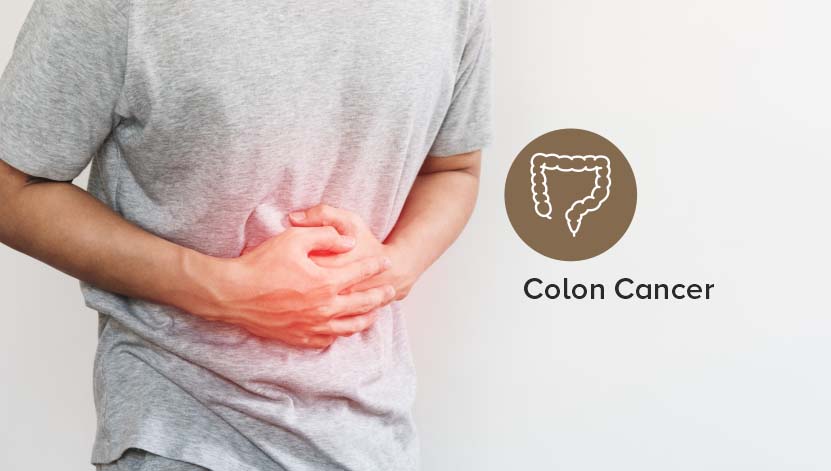Colon cancer, also known as colorectal cancer, is a widely recognized form of cancer that affects the large intestine, which is the lower part of the digestive system. With its prevalence and potentially serious consequences, understanding the ins and outs of colon cancer is essential for everyone.
